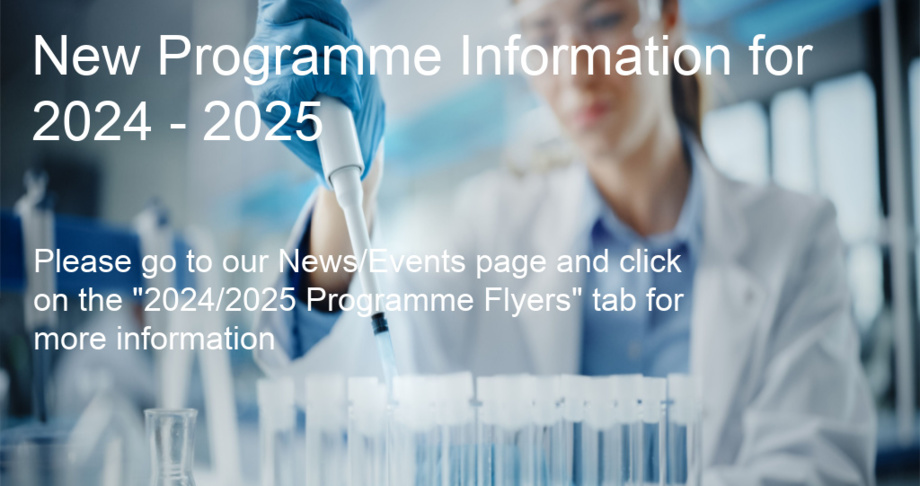
Myeloid Gene Panels (Pilot - Not Accredited)*
Myeloid neoplasms represent a heterogenous group of disorders with many overlapping biological and genetic features. Genomic data is increasingly important to distinguish and classify these disorders. Its use is becoming deeply embedded in all aspects of patient management; providing important diagnostic, treatment and prognostic information. Further, patient genomic data can facilitate accessibility to clinical trials and offer markers for measurable residual disease testing post treatment. The increasing importance of genomic data has been acknowledged in both the recent WHO (5th edition)1 and ICC guidelines2.
High throughput sequencing methods have evolved in recent years to allow the development of large myeloid gene panels necessitating external quality assessment (EQA)/proficiency testing (PT) in this area. Initially this programme was launched as an acute myeloid leukaemia specific programme, expanding to include myelodysplastic syndrome in 2019; however, from 2022/23 the programme will be expanded to encompass a broader range of myeloid neoplasms e.g. myeloproliferative neoplasms, juvenile myelomonocytic leukaemia, chronic neutrophilic leukaemia and systemic mastocytosis (subject to sample material availability) to reflect the increased application of NGS panel testing.
Two distributions of one sample will be issued per annum, with clinical scenarios included to guide panel/bioinformatic analysis. A range of sample types may be issued in this programme, including lyophilised cells [patient or cell line] or DNA in tris-EDTA (UK NEQAS LI will endeavour to offer an alternative sample type to those participants utilising RNA sequencing).
Instructions for storage, reconstitution and use of the samples are included with the distribution.
Participants will be expected to test the sample with their in-house panels and report any clinically significant intragenic and/or regulatory element changes such as a nucleotide substitution, small insertion, small deletion or small duplication event. Participants will not be requested to report larger changes affecting genome architecture or copy number changes (>50 kb).
To facilitate a quicker turnaround time for trial report publication, one distribution will focus on summarising the variants detected by participants (including methodological aspects) and the other will additionally provide educational elements related to variant interpretation/classification.
We acknowledge best practice in somatic variant interpretation is an evolving topic. However, for further details regarding the classification terminology currently utilised for this programme please refer to Li MM et al. Standards and Guidelines for the Interpretation and Reporting of Sequence Variants in Cancer. J Mol Diagn. 19(1):4-23 (2017).
Pre issue testing of samples for this programme is subcontracted, although the final decision about sample suitability lies with the EQA provider; no other activities in relation to this EQA programme are subcontracted.
To register for this programme, please click here.
1: Khoury, J.D., Solary, E., Abla, O. et al. The 5th edition of the World Health Organization Classification of Haematolymphoid Tumours: Myeloid and Histiocytic/Dendritic Neoplasms. Leukemia 36, 1703–1719 (2022).
2: Arber, D.A. et al. International Consensus Classification of Myeloid Neoplasms and Acute Leukemias: integrating morphologic, clinical, and genomic data. Blood 140, 1200-1228 (2022).
212202_AML MDS GP Report example.pdf
Adobe Acrobat document [958.9 KB]
